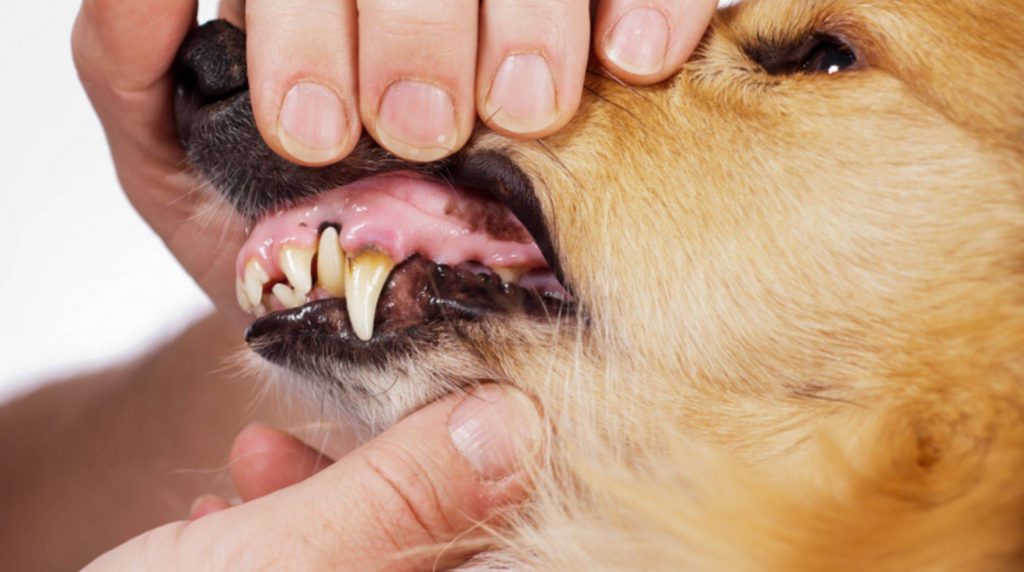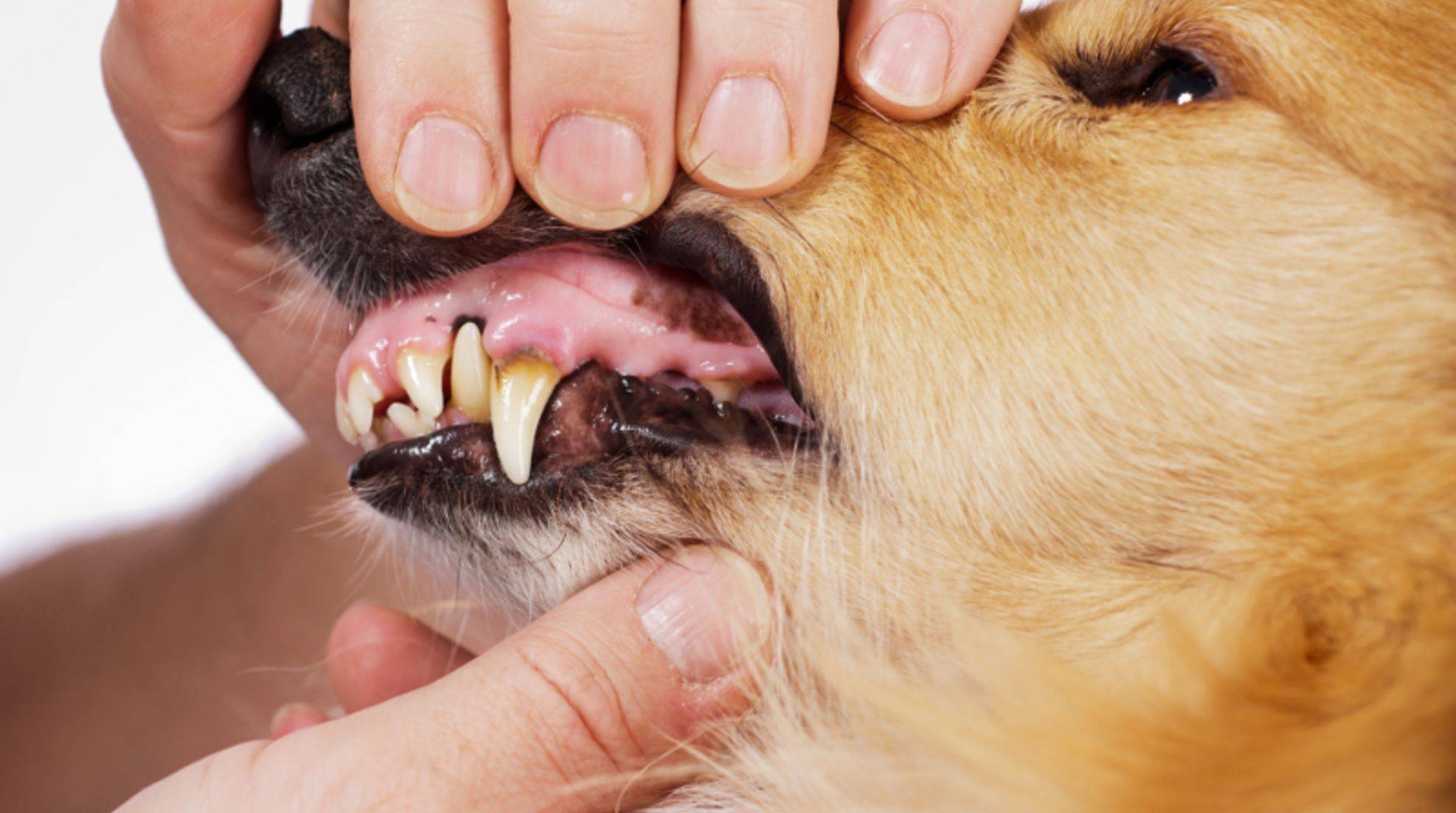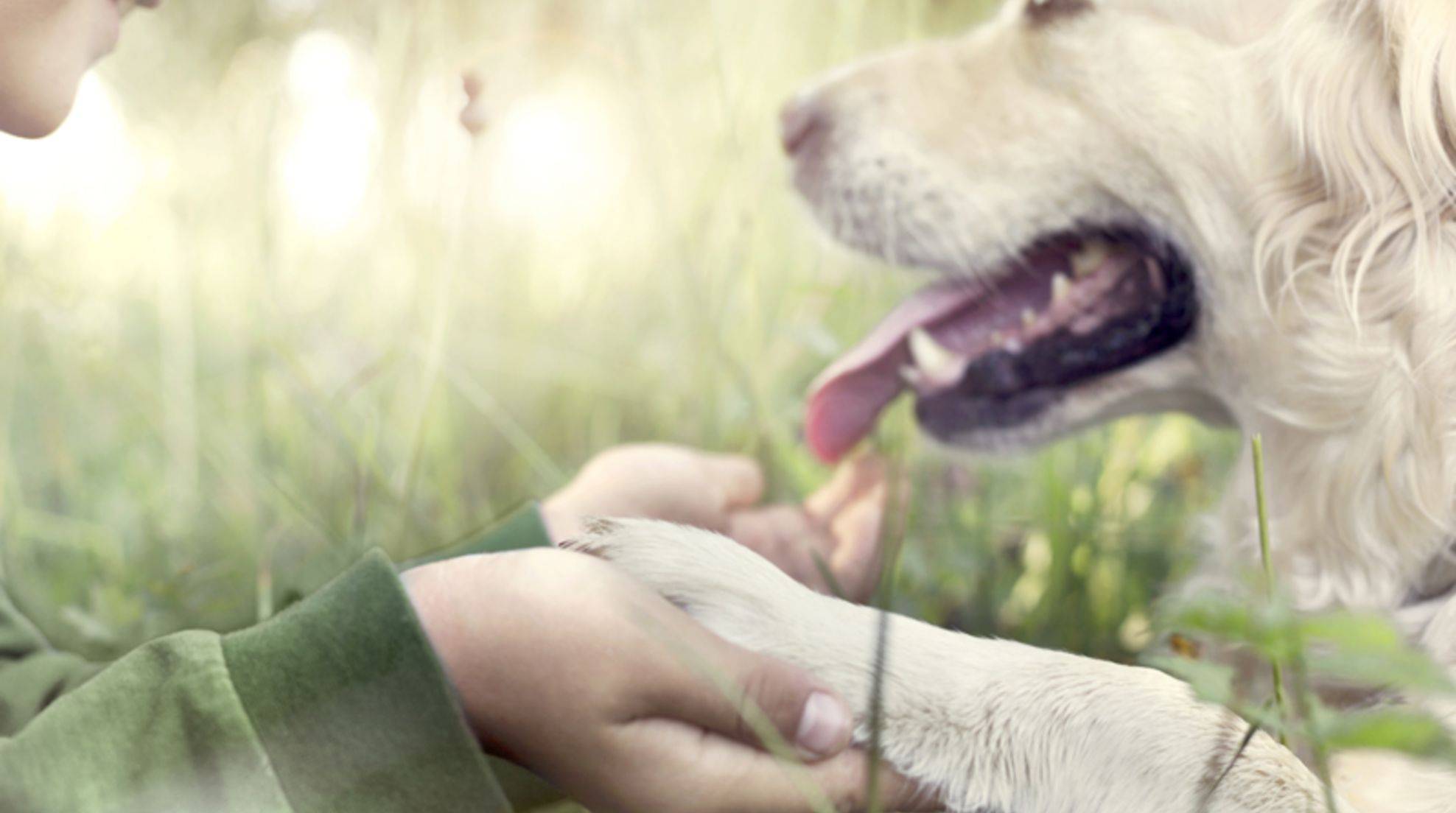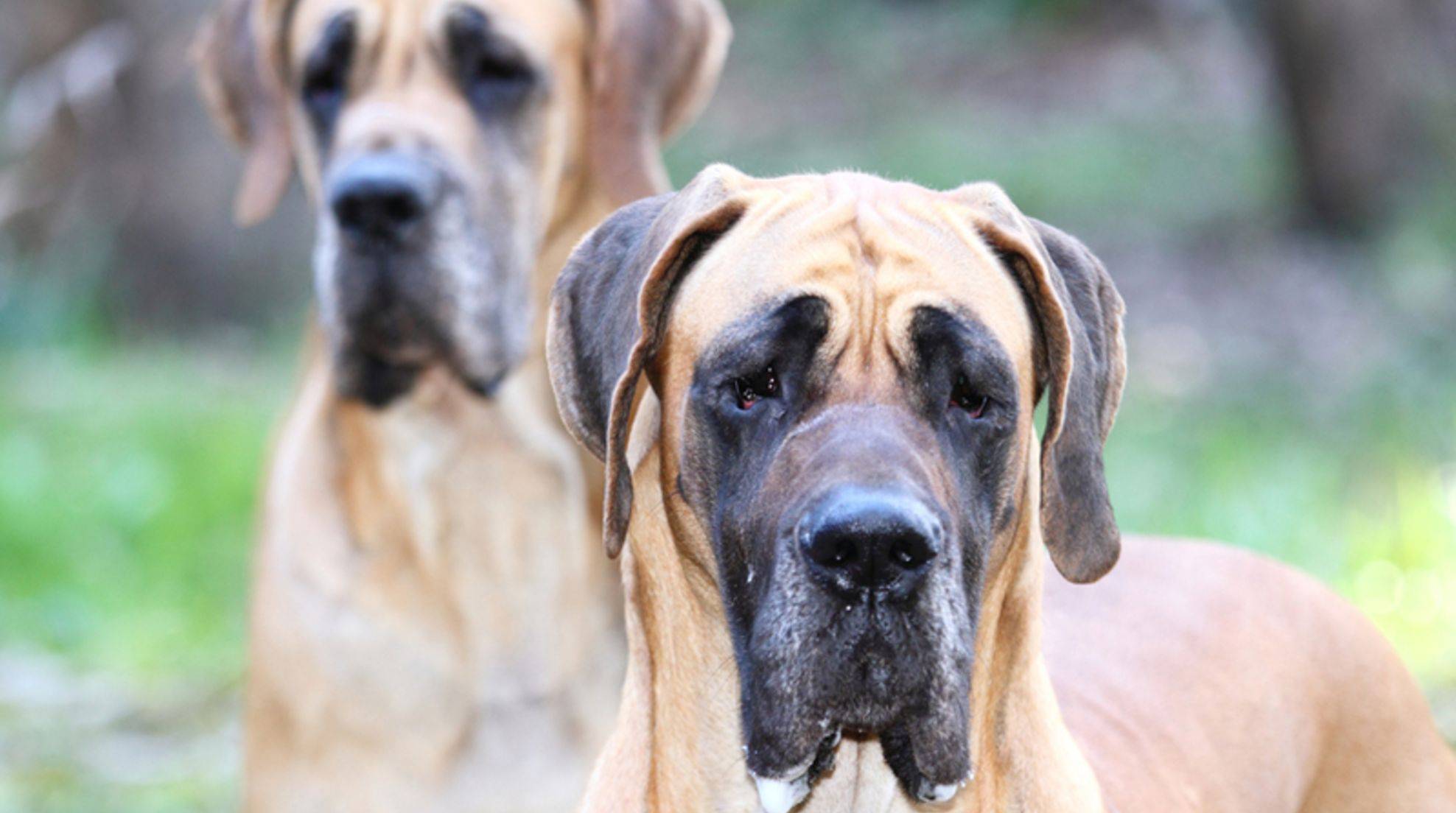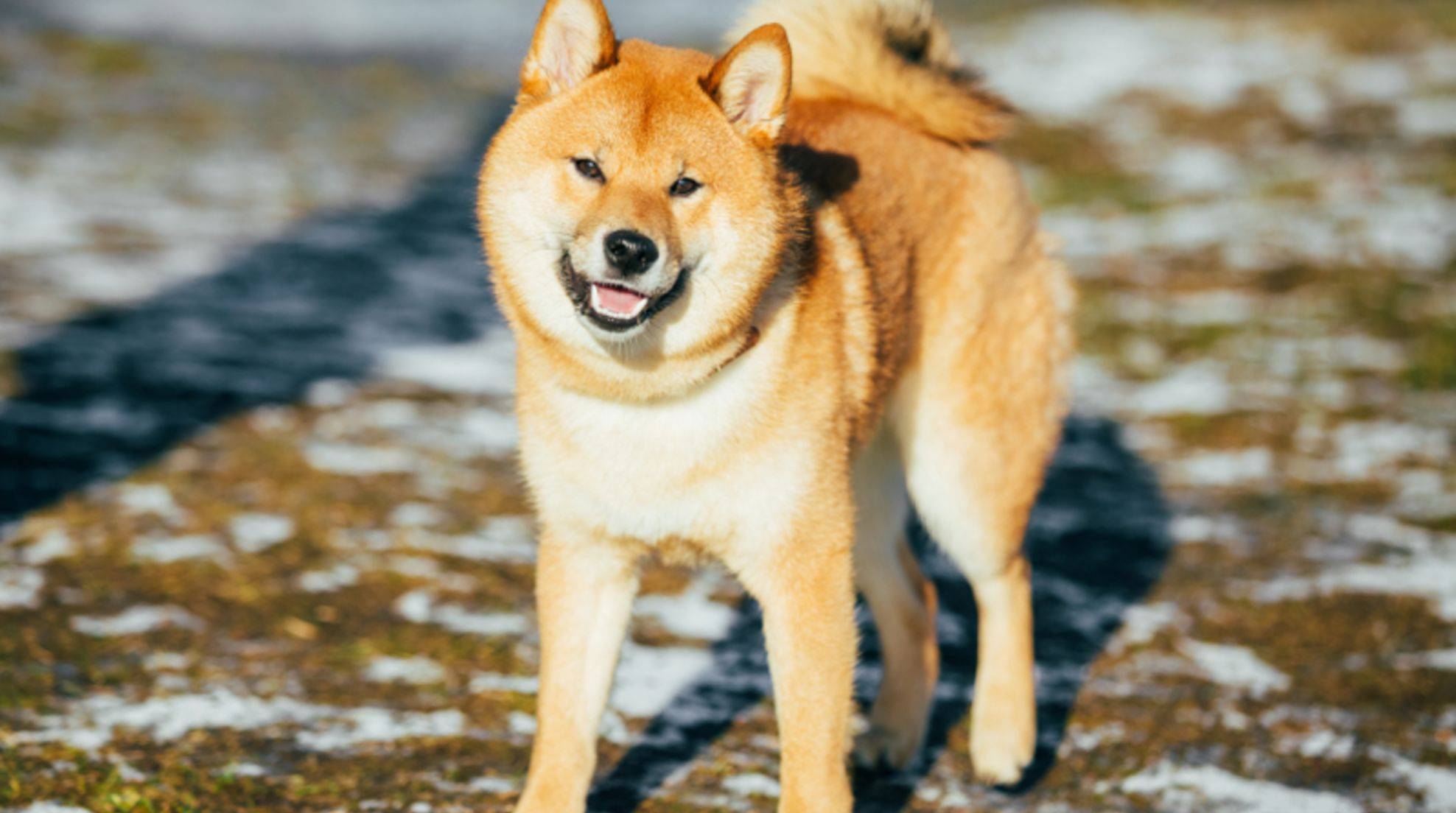Health check for dogs: tips for home
The health and well-being of our four-legged friends are some of the essential things in life for dog owners. HeaTherefore, ath check for dogs should place regularly, not only several times a year at the vet but also weekly at home.
If you keep an eye on the health of your pelt-nose yourself, you will recognize possible illnesses or health problems more quickly and can treat them accordingly in good time. In addition, regular examinations at home strengthen the bond between man and dog. Below you will find a selection of the essential points you should include in the health check for dogs. You can do this, for example, weekly or every two weeks.
Teeth and gums
Tooth or gum disease is one of the most common ailments in dogs. As with us humans, regular dental care is therefore critical. In addition to regular cleaning, check that the gums are free of lesions and healthy pink coloration. Yellowish-white tooth discoloration indicates plaque, which can develop into tartar if not removed. Look for bloody, irritated, or discolored gums and loose teeth. If you already check the oral cavity, you should also pay attention to whether your four-legged friend has bad breath – more on this topic can be found in the guide: “Bad breath in dogs: Is your four-legged friend sick?”.
Eyes and ears
Take a look at the dog’s eyes. If they are red, very cloudy, or watery, a visit to the vet is advisable to rule out diseases such as conjunctivitis or treat them if necessary.
The ears are also part of the health check for dogs. Healthy dog ears are pink and neither red nor bright pink. They should be clean and not have a strong odor. Dark earwax may indicate an infection or ear mite infestation. When cleaning your four-legged friend’s ears, do not use cotton swabs but a clean, dry handkerchief or cotton pad and never go deeper into the ear than you can see inside – they are susceptible inside!
Tip: Dog breeds with long ears should be examined particularly thoroughly and frequently about them, as they are more susceptible to ear diseases. Directions can be found in the guide: “Cleaning ears in dogs: how to do it properly?”
Dog coat and skin
Get an overall impression of the dog’s coat. The coat of a healthy animal is shiny in most dog breeds and is not dull. Carefully part the skin in various places, such as the head and spine, and look for injuries, wounds, scabs, dandruff, swelling, redness, or parasites that may need to be treated.
Tip: When it comes to coat care, ask your veterinarian or breeder. Special brushes and combs for coat and skincare are available at specialty stores. Necessary: Do not bathe your four-legged friend too often and only when it is filthy, as this can destroy the skin’s natural protective layer. The rule is: as often as necessary, as rarely as possible.
Paws and claws
The paws and claws are also part of the health check for dogs. Claws, especially the so-called wolf or dewclaw, must be trimmed regularly. Otherwise, they can grow in and cause pain. Injuries, swelling, and redness are a sign of a paw injury. Especially in winter, a dog’s paws are exposed to stress from ice and grit and should be examined particularly thoroughly.
Weight check
Check regularly to see if your dog is at his ideal weight or suffering from overweight or underweight. A proven test: touch your dog with both hands at the waist and feel your way from there to the back two ribs. The ribs should be palpable but also not particularly prominent. If they are not noticeable, talk to the vet about diet; if they are noticeably protruding, talk about underweight treatment.
Health check for dogs: Other abnormalities
Also, check the dog’s body for lumps or nodules that indicate tumors. Use both hands to feel your way from the head toward the chin, then move to the front legs, shoulders, back, and along the hips to the back legs. Also, lift the tail for a health check and see if the anus is smeared or abnormalities such as swelling, injury, or redness. This could indicate parasite infestation or anal gland inflammation, among other things – going to the vet is then the next step.
In general, you should look out for misalignments, movement disorders, and behavioral abnormalities such as aggressiveness, restlessness, listlessness, and increased need for rest and have this examined by a veterinarian.

